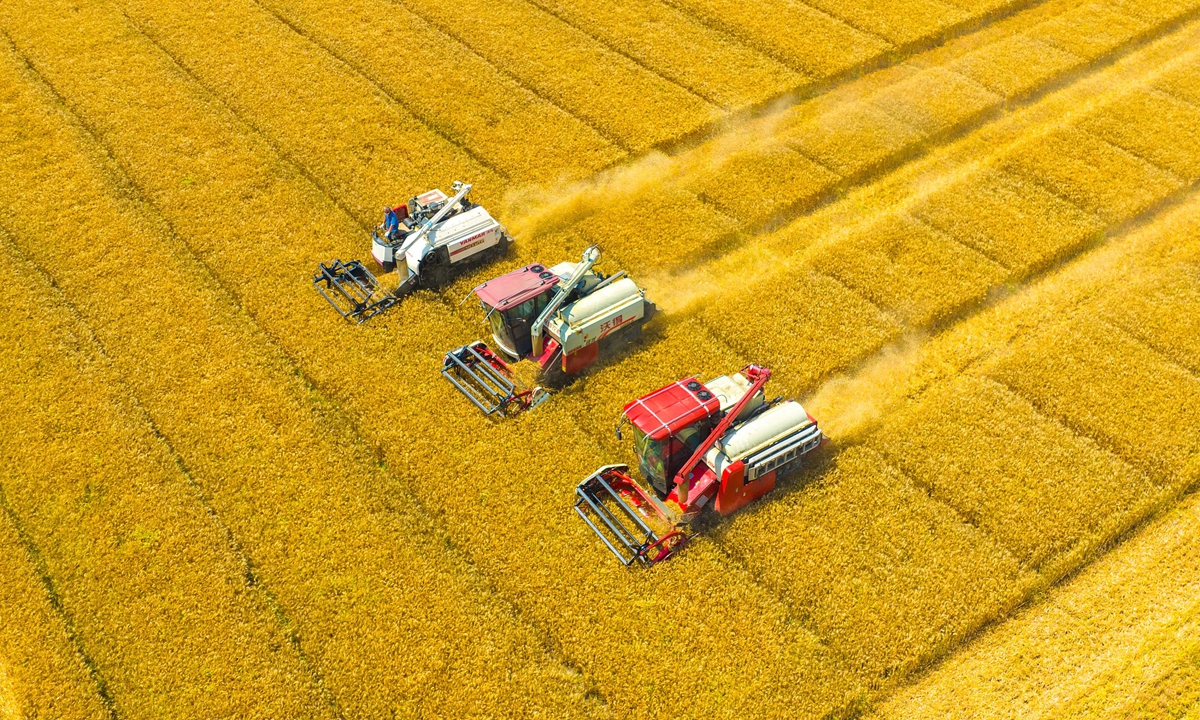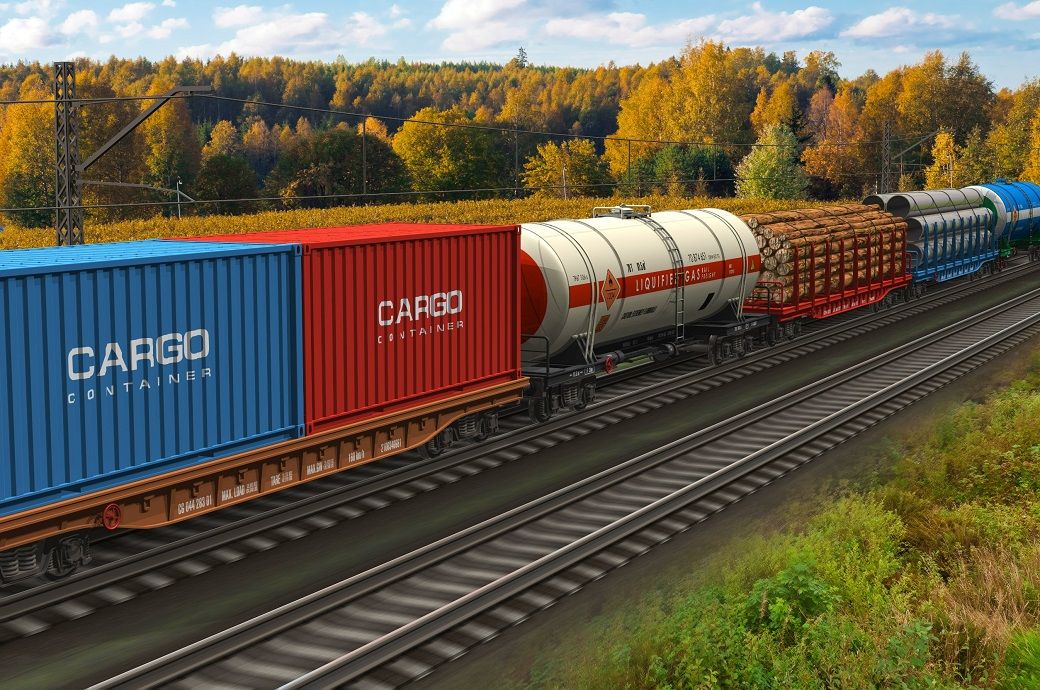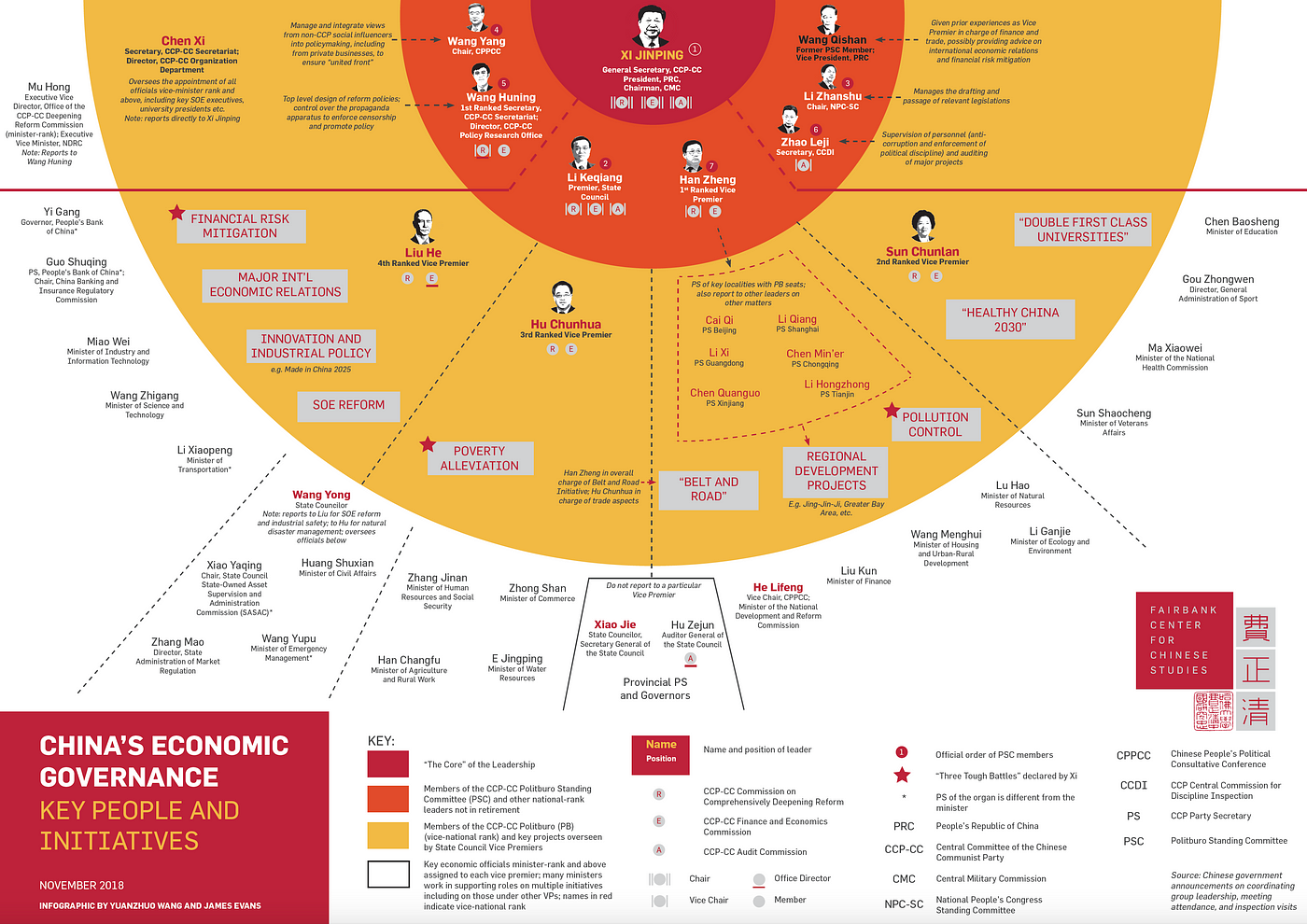Folks, let’s talk about something critical – food security. China’s summer grain and oilseed harvest is officially kicking off, and the early numbers are…well, cautiously optimistic. As of today, May 24th, according to the Ministry of Agriculture and Rural Affairs, over 80% of the winter rapeseed harvest is already in the books. That’s a significant milestone.

Photo source:www.globaltimes.cn
Winter wheat, the workhorse of China’s summer harvest, is now in its peak yield formation phase, particularly in the crucial Huang-Huai-Hai region. Expect a flurry of activity there soon. The southwest and middle-lower Yangtze River wheat regions have already begun their harvests as well.
Now, here’s where it gets interesting. The ministry reports that over 80% of winter rapeseed has been harvested nationwide, and projections suggest yields will surpass last year’s. This is hugely important, considering the global supply chain disruptions we’ve been seeing.
Let’s break down why this matters. Winter rapeseed is a major source of edible oil in China. Increased yields mean potentially lower prices for consumers and reduced reliance on imports – a win-win. But remember, a good harvest isn’t just about numbers; it’s about consistent and stable supply.
Understanding China’s Grain Production:
China’s grain production is tiered, with summer and autumn harvests being vitally important. Summer grains, including wheat and rapeseed, provide the initial supply.
Winter wheat’s performance hinges heavily on the Huang-Huai-Hai region, known as China’s ‘breadbasket’. Weather conditions there are paramount.
Rapeseed oil is a key component of the Chinese diet. Higher yields offset potential import costs and stabilize domestic markets.
These harvests aren’t isolated events. They influence global agricultural prices and broader economic stability. Monitor yields closely!
We need to stay vigilant and watch for further updates. This is good news, friends, but complacency is not an option. The global landscape remains unpredictable, and food security is a matter of national importance. We must continue to prioritize agricultural stability and resilience.






